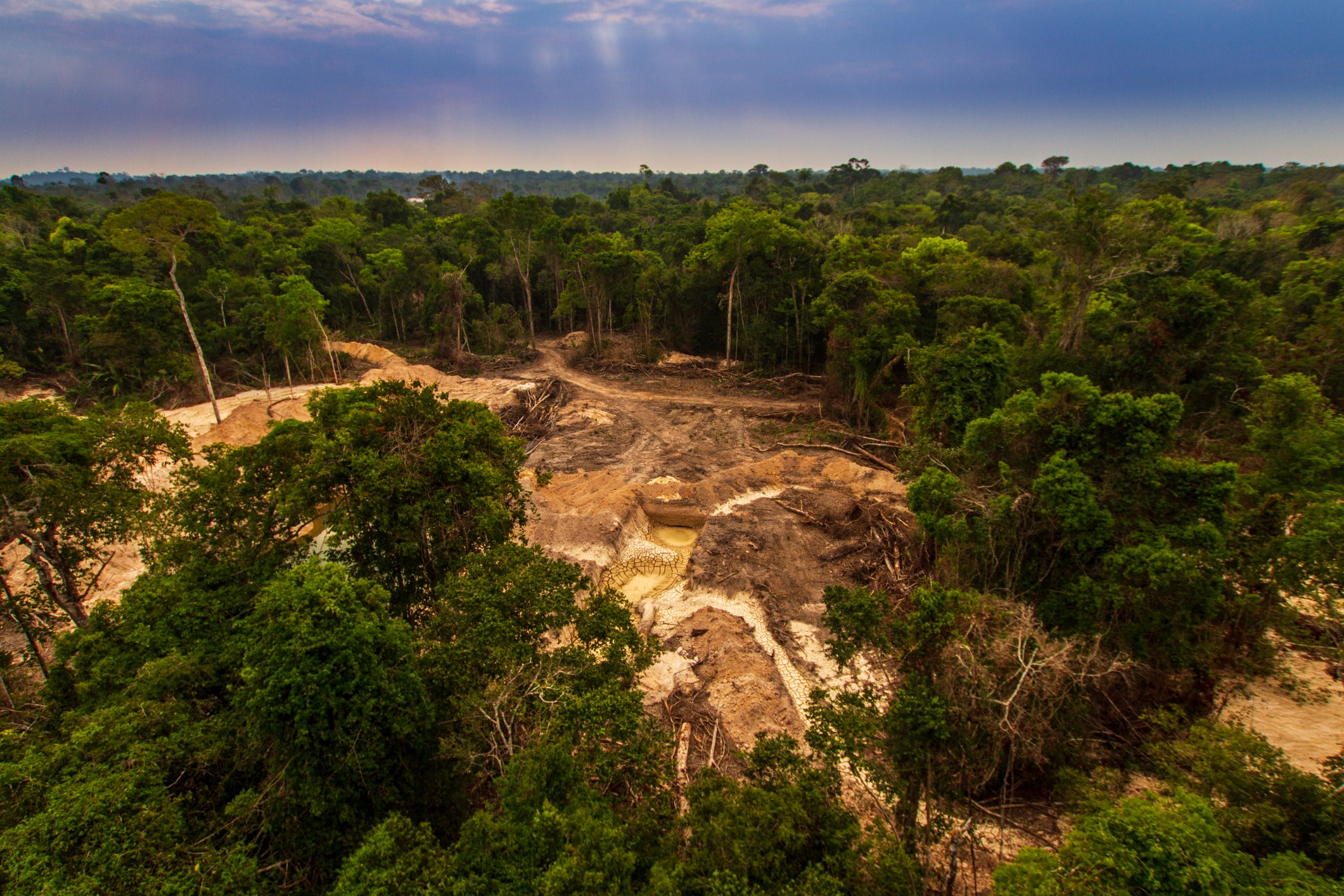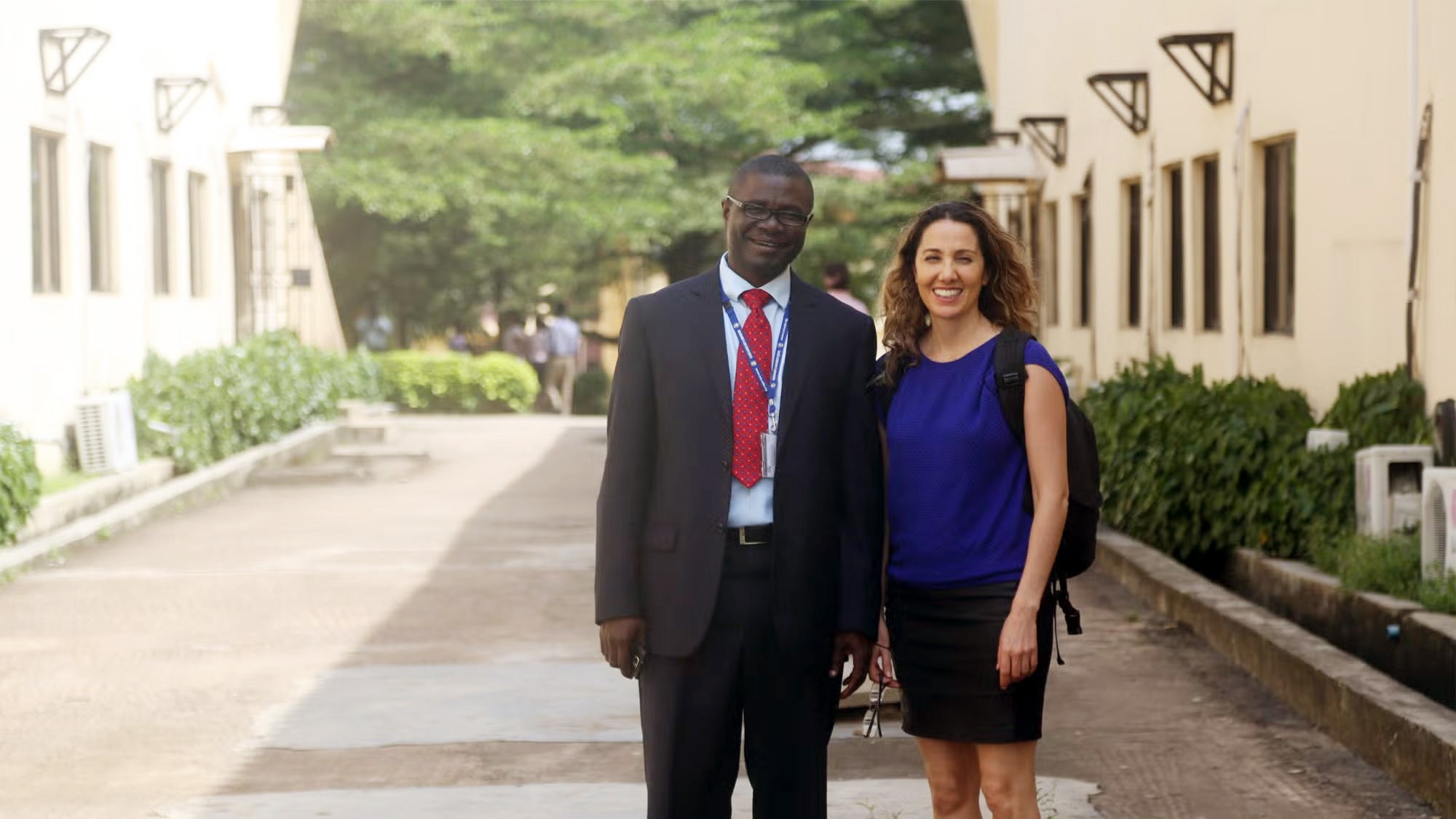Malaria transmission may increase with deforestation in the Brazilian Amazon

October 25, 2024—Ecological changes associated with deforestation in the Brazilian Amazon—spurred by activities such as mining, agriculture, and logging—have significantly increased the risk of malaria transmission over the past two decades, according to a new study by researchers at Harvard T.H. Chan School of Public Health.
The study was published Oct. 21 in the Proceedings of the National Academy of Sciences. Marcia Castro, Andelot Professor of Demography and chair of the Department of Global Health and Population, was corresponding author. Nicholas Arisco, postdoctoral research fellow in the department, was also a co-author.
Prior studies examining deforestation and malaria in the Brazilian Amazon have used yearly data and found no association, or that deforestation decreases malaria transmission. For this study, the researchers looked at monthly data, from 2003 to 2022, to more precisely analyze the link and to account for previously neglected seasonal components of malaria transmission and deforestation. Monthly malaria case data came from the Brazilian Ministry of Health and monthly deforestation levels came from MapBiomas.
The study found that a 1% increase in monthly deforestation was associated with a 6.3% increase in malaria cases the following month. According to the researchers, the results highlight the country’s urgent need to integrate environmental management into malaria control strategies, especially to benefit people living in indigenous and mining areas, where malaria cases have surged by 62% and 257%, respectively, since 2017. They recommended that Brazil’s National Malaria Control and Prevention Program use real-time deforestation alerts to target local interventions to mitigate malaria transmission spikes.
Read the study: Ecological change increases malaria risk in the Brazilian Amazon
Photo: iStock/Marcio Isensee e Sa


